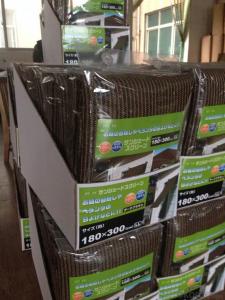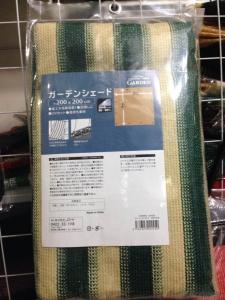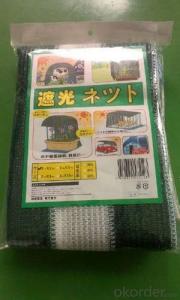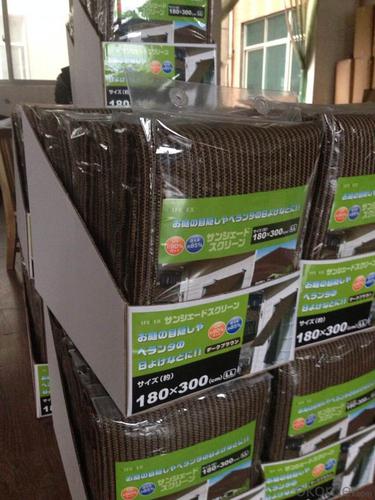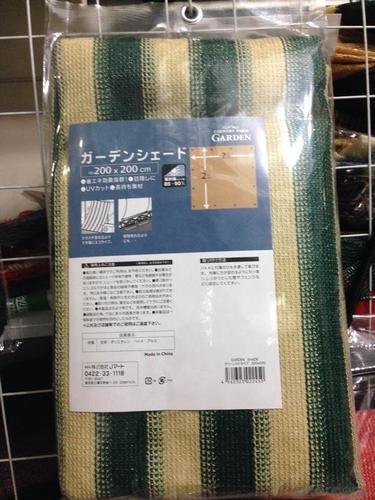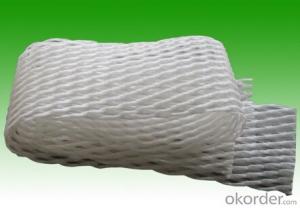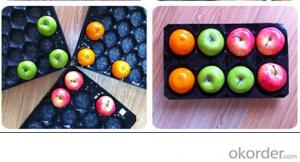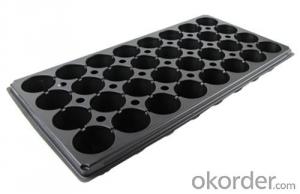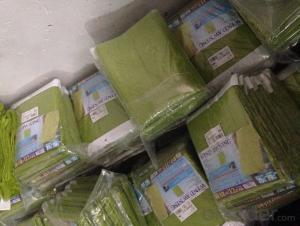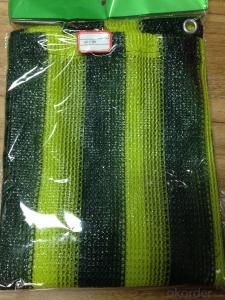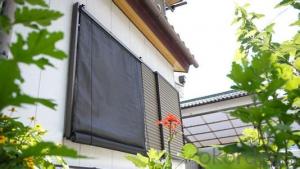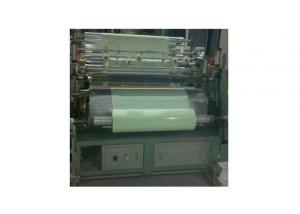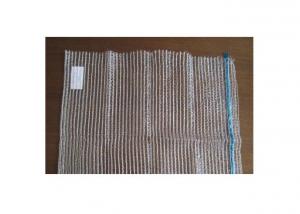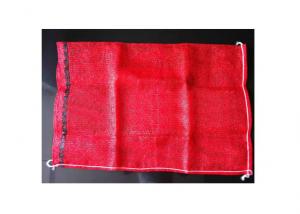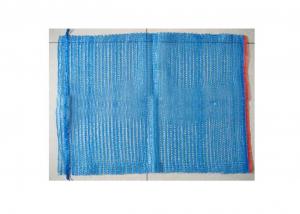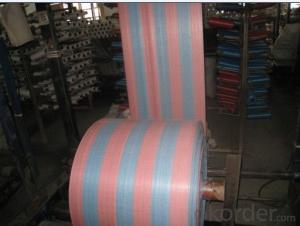ECO-Friendly Shade Net Export to Japan
- Loading Port:
- China Main Port
- Payment Terms:
- TT OR LC
- Min Order Qty:
- -
- Supply Capability:
- -
OKorder Service Pledge
OKorder Financial Service
You Might Also Like
Specifications
balcony privacy net
1.Material:100% new HDPE,UV
2.Weight:120~220gsm
3.Useful life:3~5 years
4.balcony net factory price
balcony privacy net/shade net/window net
--product description
Product | balcony privacy net/shade net/window net |
Brand Name | XINH-GL-80 |
Material | 100% new HDPE with UV,long service life |
Color | Green,yellow,blue,gray (as your request) |
Weight/sqm | 120~220gsm |
Size | Width:0.5m-3m, Length: as your request |
Samples | 1). sample time: Within 7-15 days. |
2). Sample charge: According to product details. | |
3). Sample refund: Negotiable | |
4). Send sample: Via TNT, UPS, FedEx, DHL Express | |
Sample is free for you to test the quality | |
Payment | T/T, L/C |
Delivery Time | Within 20 days after getting the deposit |
| | |
| | |
| | |
| | |
| | |
| | |
| | |
| | |
- Q: What are the different types of agricultural plastic buckets and bins?
- There are several different types of agricultural plastic buckets and bins, including feed buckets, water buckets, storage bins, and harvesting bins. Feed buckets are used to hold and distribute feed to livestock, while water buckets are used for providing water to animals. Storage bins are large containers used for storing grains, seeds, and other agricultural products. Harvesting bins, on the other hand, are specifically designed to collect and transport fruits, vegetables, and other crops during the harvesting process.
- Q: Can agricultural plastic products be used in composting?
- Yes, agricultural plastic products can be used in composting, but it depends on the type of plastic. Biodegradable and compostable plastics are specifically designed to break down in composting conditions, making them suitable for composting. However, traditional plastic products, such as those made from conventional petrochemical-based materials, should not be composted as they do not break down and can contaminate the compost.
- Q: Can nursery trays be used for starting plants for urban farming?
- Yes, nursery trays can be used for starting plants for urban farming. Nursery trays provide a convenient and efficient way to propagate and nurture young plants, making them suitable for urban farming where space may be limited. They allow for proper drainage, easy transplanting, and organization of different plant varieties. Additionally, nursery trays are often reusable, which makes them a cost-effective choice for urban farmers.
- Q: This question asks for an explanation of the various types of plastic films utilized in agricultural practices.
- <p>Agricultural plastic films are used for various purposes in agriculture, including mulching, greenhouses, and tunnels. The main types include: 1) Clear films, which allow maximum light transmission for photosynthesis; 2) Black or opaque films, used to suppress weed growth and retain soil moisture; 3) Colored films, such as red or blue, which can enhance certain plant growth characteristics; 4) Perforated films, which allow for better air circulation and drainage; 5) Biodegradable films, which break down naturally over time, reducing environmental impact; 6) Insect-proof films, designed to prevent pests from reaching crops; and 7) UV-resistant films, which protect plants from harmful ultraviolet radiation. Each type serves specific agricultural needs, enhancing crop growth and yield.</p>
- Q: How are plastics separated from other materials such as glass, metal and paper at the recycling plant? please help! x
- There are many process but i'm gonna tell you only one. That is Based on Innate Electrical Charge (A method of electrostatic separation).This plastic separation technology is based on simple, proven physical principles. These principles have been applied to this process in a way that is unique from any other company in the world and it is protected with several international patents. The unit takes chopped pieces of different types of plastic, charges them with static electricity, and drops them through an electric field, resulting in a natural separation of the plastic types based on pieces being attracted toward the electrode of the opposite polarity. Once the mixed plastics have been separated into the individual types, the end products can be used in place of new, more expensive virgin material.
- Q: What are the main manufacturers of agricultural plastic products?
- Some of the main manufacturers of agricultural plastic products include Berry Global Group, Inc., Raven Industries, Inc., Plastag Corporation, and Ginegar Plastic Products Ltd.
- Q: How do agricultural plastic products improve crop yield?
- Agricultural plastic products improve crop yield by providing a controlled environment for plants to grow. They can be used to create greenhouses or tunnels, which help to regulate temperature, humidity, and light conditions. Plastic mulches can also be used to suppress weeds, conserve soil moisture, and maintain soil temperature. These products aid in the protection of crops from pests and diseases, resulting in higher yields and improved quality of produce.
- Q: What are the possible alternative materials for seedling nursery bags in agricultural practices?
- <p>Yes, there are several alternative materials for seedling nursery bags in agriculture. These include biodegradable plastics such as polylactic acid (PLA), which are derived from renewable resources like corn starch. Other options are coconut coir pots, which are eco-friendly and can be composted, and paper pots that are made from recycled paper and are also compostable. Additionally, some farmers use peat pots made from compressed peat moss, which are both biodegradable and provide a good growing medium. These alternatives are gaining popularity due to their environmental benefits and the reduced need for transplanting, which can lead to less root disturbance and improved plant survival rates.</p>
- Q: This question asks about the methods farmers employ to safeguard their crops from pests and diseases by utilizing agricultural plastic products.
- <p>Farmers protect their crops from pests and diseases using agricultural plastic products in several ways. Mulch films are used to cover the soil, which helps in suppressing weeds and reducing the incidence of soil-borne diseases. Plastic tunnels and greenhouses create controlled environments that protect crops from external pests and adverse weather conditions. These structures also facilitate the use of integrated pest management systems, including the release of beneficial insects. Additionally, plastic nets and screens can be used to prevent direct contact between crops and pests, thus reducing the spread of diseases. The use of drip irrigation systems made from plastic can also reduce the spread of diseases by minimizing contact with soil and water-borne pathogens. These methods collectively help in maintaining crop health and increasing yield.</p>
- Q: How does empty plastic water bottles that are littered, affect our oceans?
- With a simple plastic water bottle in our oceans can case a problem in our food chain. You might wonder why if a fish eats the plastic bottle it can choke and die. If there is a fish there is a bigger fish that eats the tiny fish, but since the ting fish the dead the large fish has no food now and it will die of starvation . Now since the large fish died a larger fish now has no food then that fish dies... etc . That just for 1 bottle imagine for a 1000 or even more.
Send your message to us
ECO-Friendly Shade Net Export to Japan
- Loading Port:
- China Main Port
- Payment Terms:
- TT OR LC
- Min Order Qty:
- -
- Supply Capability:
- -
OKorder Service Pledge
OKorder Financial Service
Similar products
Hot products
Hot Searches
Related keywords
